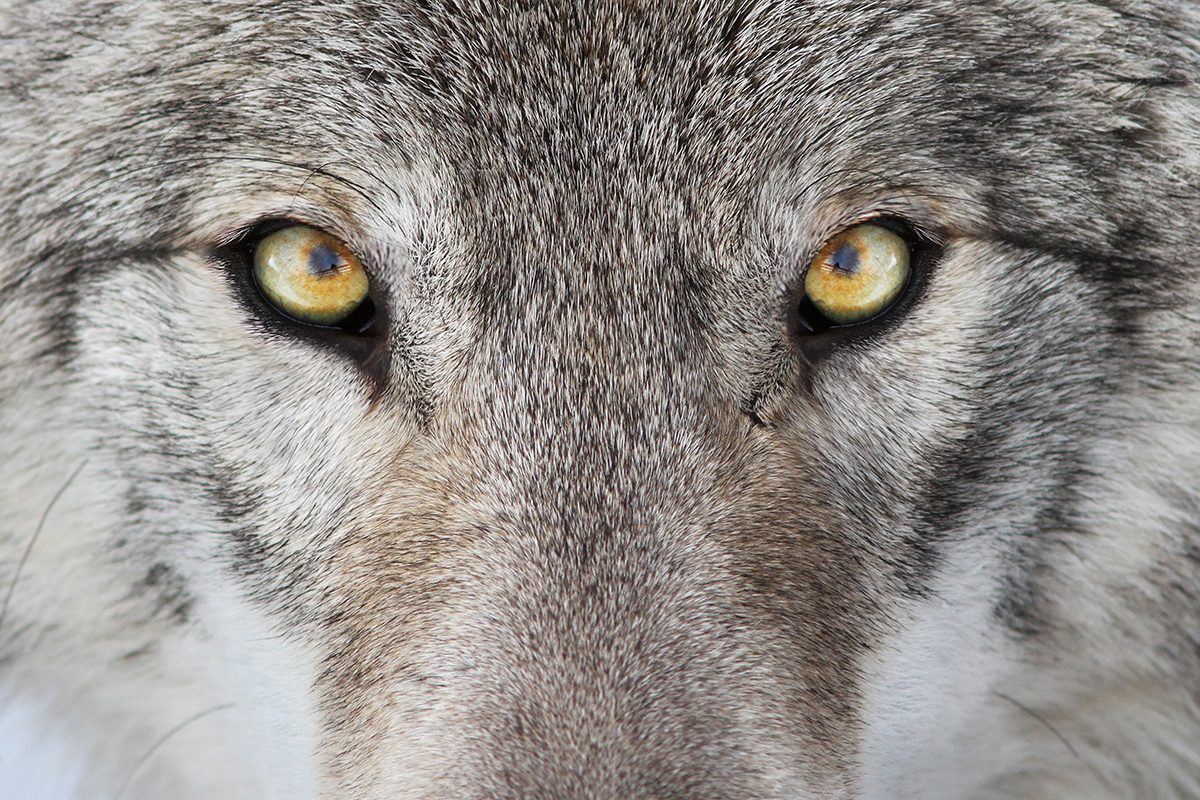
Wolves are typically considered as an enemy to farmers, notorious for carrying out deadly raids against livestock.
But new research published on Tuesday 28 May in Scientific Reports and led by Professor Andy White and Dr Nora Tanner from Heriot-Watt University, appears to challenge this assumption by suggesting the pack animals help limit the spread of disease among wild boars and cattle.
Their work, carried out in collaboration with Spanish researchers and the University of Leon, focusses on the province of Asturias in north-western Spain where the wolf population occupies two-thirds of the region. By using mathematical models combined with field data gathered between 2000 and 2014, the scientists studied the complex relationship between wolves, wild boars and cattle to assess how wolf attacks affect the spread of animal tuberculosis (TB).
The study reveals these attacks can lead to a marked reduction in the prevalence of infection and prevent the disease from spreading to other animals.
Professor Andy White from Heriot-Watt University, explains: “The modelling matched observations which showed that TB prevalence in wild boar was lower when wolves are present and that TB in cattle increased when wolves were absent.
“A key finding from the mathematical model showed that wild boar density may be regulated by infection with high TB prevalence or by predation at low disease prevalence. Therefore predation, by removing infectious individuals, improves the health of wild boar populations and so the loss of individuals from wolf attacks is balanced by the reduction in death due to disease. ”
Animal tuberculosis, is a widespread multi-host infection that is harboured in reservoir hosts such as wild boar and can cause severe economic losses to the livestock industry due to movement restrictions and compulsory test and slaughter schemes
Jaime Marcos, of the Hunting Service of the Government of the Principality of Asturias believes wolves could, in fact, play a key role in the control of tuberculosis. He explained that in Asturias, the annual cost of compensation paid to farmers for wolf damage is around one million euros, which is around a quarter of the annual expense of the tuberculosis eradication plan that exceeds 4.1 million euros.
Professor Christian Gortázar from the Spanish Institute of Game and Wildlife Research adds: “Paradoxically, our research has found that wolves may not be a hindrance to farmers but, in fact, a benefit by helping to prevent the spread of deadly diseases such as tuberculosis among livestock. Therefore these predators may be providing a key ecosystem service, which should be recognised when considering human-carnivore conflicts and the conservation and re-establishment of carnivore populations.”







